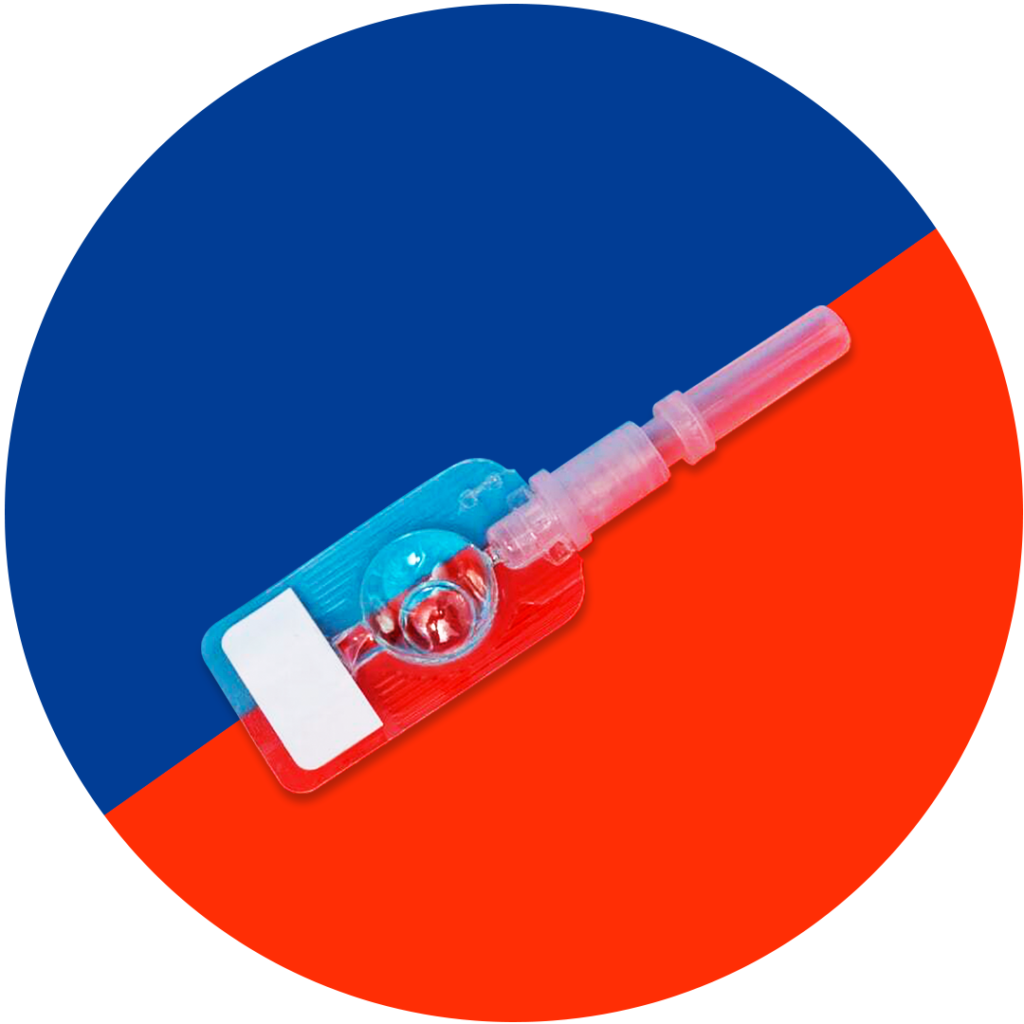Injectable Contraceptive User Research in Nigeria
According to the World Health Organisation, self-administered, injectable contraception opens up new opportunities for self-care and improves women’s and girls’ access to sexual and reproductive health services. Recent research findings suggest that the doses of current injectable contraceptives using depot-medroxyprogesterone acetate (DMPA) could be extended from the recommended duration of three months without compromising on contraceptive effectiveness. Especially in resource-constrained settings, a longer reinjection interval would increase access to high-quality contraception and reduce costs for users and service delivery.
Scope supported our partner FHI 360 in conducting market research among current and potential contraceptive injectable users in Nigeria. The focus of the study was to establish the evidence of demand to support the further development of new DMPA-based products. First, the Scope team gathered general perspectives on contraception and family planning from contraceptive users and their male partners. Then we assessed the user acceptance of introducing new DMPA products for self-and health provider-administered injection. We also captured user perspectives on having multiple injectable products of different durations available in the market.
Our approach
The rapid, qualitative market research study was guided by human-centred design (HCD) and creative communication principles, including the use of participatory design methods. The first phase of the study consisted of focus group discussion-driven research on existing user preferences, mindsets, and behaviours. The nuanced, rich qualitative data and insights captured from these discussions were used to assess the current market potential of injectable contraceptives. The second phase of the study was a participatory co-creation workshop for potential users to shape an effective communications strategy and connected marketing efforts.
Project outcomes
Scope’s research findings, together with our communication and marketing strategy recommendations, will inform the direction that FHI 360 and their partners take when they consider rolling out new injectable contraception products in Nigeria in the future.
Back to our work